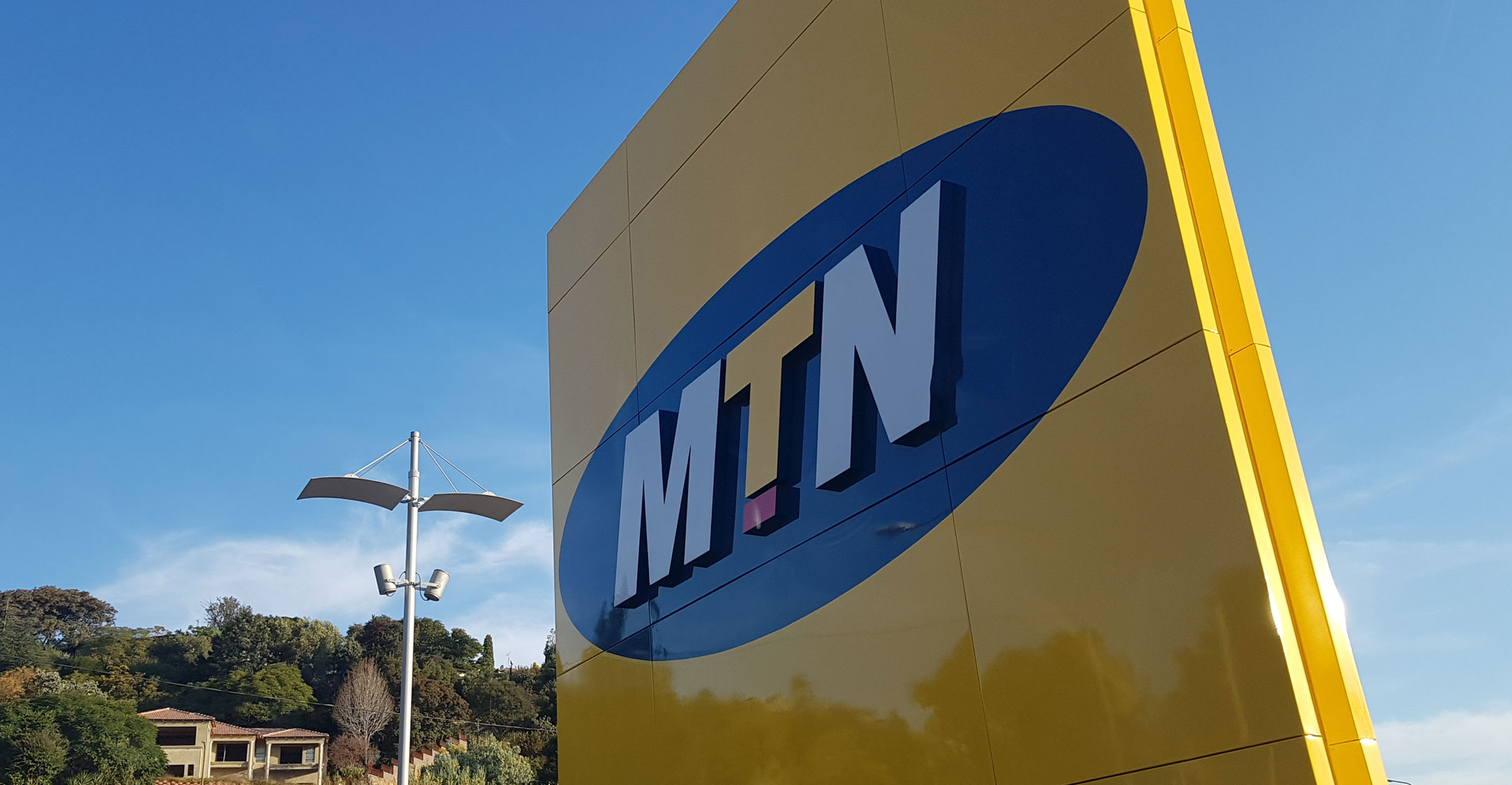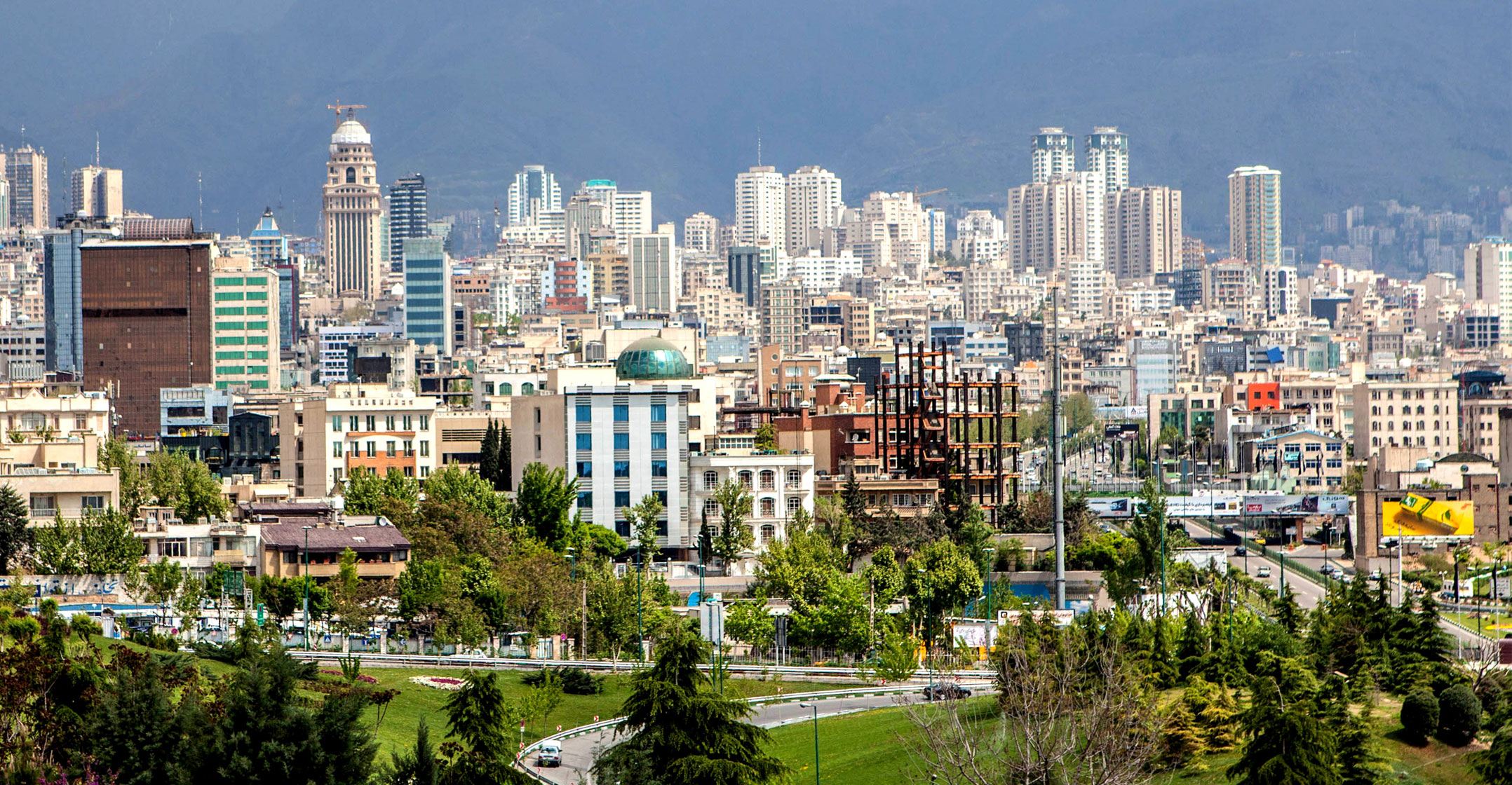
[dropcap]M[/dropcap]TN’s Turkcell headache just won’t go away. The JSE-listed telecommunications group is headed to court after a legal challenge from the Turkish operator, this time in Johannesburg, over the awarding of its operating licence in Iran, which Turkcell alleges was granted after MTN paid bribes to officials in that country. It is seeking US$4.2bn (about R53bn) in damages.
The case, which was first filed in South Africa by Turkcell in November 2013, may finally go to trial after the high court agreed to hear the case last month. Turkcell is pursuing not only MTN, but former MTN Group CEO Phuthuma Nhleko (now its nonexecutive chairman) and former director Irene Charnley (who now leads wireless broadband operator Smile Communications). Both executives were intimately involved in the negotiations with the Iranians.
The lawsuit may be a long shot for Turkcell. Previous attempts to resolve the matter through international arbitration failed. It approached the South African court after a legislative change affected the jurisdiction of a US court from which it had earlier sought relief. It alleged in its application to that court that MTN had conspired with Iranian officials to oust it from the successful consortium that bid for the licence and take its place by promising to use its influence with the South African government so it could procure defence equipment and garner support for its nuclear development programme at meetings of the International Atomic Energy Agency.
MTN has rubbished the charges and said this week that it will defend itself against the claims should they come to trial in South Africa, as now looks likely. It said this week that Turkcell’s application to the high court is the fourth such action it has brought since it lost the Iran licence and amounts to “a last resort”. It said Turkcell’s claims are “defective in many respects”.
“[Turkcell] spent considerable time since 2013 trying to formulate a clear and proper claim. The recent court application was procedural in nature. It was concerned only with testing whether the defects in the formulation of [its] claim had been rectified, such that the defendants were able to understand the exact nature of and legal basis for the claim. The court proceedings did not traverse the merits of the claim in any way at all. MTN remains of the view that Turkcell’s claim is without merit and will continue to oppose the claim with every expectation that it will be successful in its defence.”
Hoffmann Committee
Turkcell’s legal challenge comes despite the findings in 2013 of the Hoffmann Committee, appointed by MTN in 2012, which cleared the South African group of wrongdoing in Iran. MTN Irancell, in which MTN holds a 49% stake, has become one of the group’s three key operations, alongside Nigeria and South Africa.
The Hoffmann Committee, chaired by South African-born former senior British judge Leonard Hoffmann, found there was no conspiracy between MTN and Iranian officials to remove Turkcell, which was a rival bidder for the licence. Indeed, the committee found that Turkcell’s allegations were a “fabric of lies, distortions and inventions”.

It cleared MTN, Nhleko and Charnley of wrongdoing. Lord Hoffmann found that MTN made no payments to South Africa’s then ambassador to Iran, Yusuf Saloojee, and neither Nhleko nor Charnley authorised former MTN Irancell director Chris Kilowan to promise him anything, as Turkcell had alleged. Kilowan’s allegations form the basis of Turkcell’s claims, but the committee found his evidence to be “unreliable”.
The news that the high court in Johannesburg has now agreed to hear the case comes at a bad time for MTN, whose share price is still reeling from the record US$1bn regulatory fine (reduced from $5,2bn) imposed by authorities in Nigeria after its subsidiary there failed to comply fully with a regulatory directive to register Sim cards. The fine cost former MTN CEO Sifiso Dabengwa his job and led to a significant shake-up in top management. The group is now led by former Vodafone executive Rob Shuter, who is surrounded by an almost entirely new senior management team.
“We are delighted that the case is finally coming to trial in South Africa,” said Serhat Demir, executive vice president for legal and regulation at Turkcell, in a recent statement. “We believe we have a very strong claim. The South African courts will be able to evaluate the huge amount of evidence we have to support our claim that MTN went to extraordinary lengths to take Turkcell’s rights to the Iranian GSM licence unlawfully.”
However, MTN won support for its case this week from Iran’s minister of communications and IT, who issued a statement rejecting Turkcell’s claims, saying it broke no laws in establishing the MTN Irancell joint venture with Iran Electronic Development Company (IEDC) in 2005. IEDC holds the 51% of the equity in Irancell not held by MTN.
The minister, Mahmoud Vaezi, who was not in the role at the time the deal was done, said in the statement that all relevant documents had been inspected and nothing was found to prove Turkcell’s claim.
The high court in Johannesburg must still set a trial date, but it’s unlikely it will happen before 2019, according to legal experts.
- This article was also published in the Sunday Times of 18 June 2017




